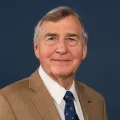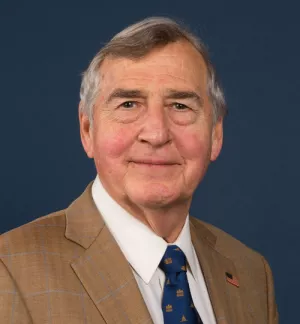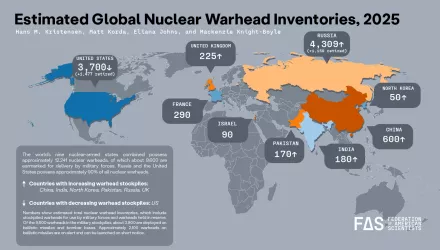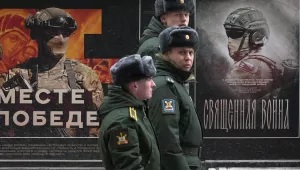The 47 heads of state who will assemble in Washington next week for the world's first Nuclear Security Summit should focus like a laser beam on the biggest potential threat to civilization.
Psychologically, it is almost impossible to imagine terrorists exploding a nuclear bomb that devastates the heart of Moscow or Mumbai, New York or Cairo. Analytically, however, there's only one difference between Al Qaeda's 9/11 attack that extinguished the lives of 3,000 people in New York, or the 11/26 attack that killed nearly 200 in Mumbai, and a nuclear Mumbai or 9/11 that could kill hundreds of thousands in a single blow. That difference is terrorists getting a nuclear bomb.
No one who has examined the evidence has any doubt that terrorist groups -- including Al Qaeda, Chechen separatists and Lashkar-e-Taiba -- have shown serious interest and undertaken substantial efforts to acquire material and equipment for this purpose. The highly enriched uranium required to make an elementary nuclear bomb could be hidden inside a football.
The big insight that motivates the summit is that the leaders assembled there have in their power the ways and means to successfully prevent nuclear terrorism. The key to success is to deny terrorists the means to achieve their deadliest aspirations.
Fortunately, physics provides a syllogism that says: no fissile material, no mushroom cloud, no nuclear terrorism.
All that the members of the international community have to do to prevent this ultimate catastrophe is to lock up all nuclear weapons and materials as securely as gold in Fort Knox or treasures in the Kremlin Armory. This is a big "all" -- but it consists of actions we know how to take and can afford. Other powerful radioactive sources should be equally protected.
How can this be done? The leaders who convene will address an issue the international community has so far been dragging its feet on - implementing the obligation states have already committed themselves to in U.N. Security Council Resolution 1540, to adopt "effective, appropriate measures to secure all nuclear materials."
In confronting this challenge, those assembled can apply many of the lessons learned by the United States and Russia over the past 18 years in their cooperative threat-reduction program, as well as the best practices and technologies developed by the International Atomic Energy Agency.
The bottom line by which the summit should be scored is whether as a result of this effort, states take specific actions, including the allocation of resources to make the world safer from a nuclear explosion by an extremist group.
A number of states will announce actions that they have already taken in preparation for the summit. Others, we hope, will make unambiguous commitments to take observable actions. We trust these actions will be supported by every state, reflecting a global recognition that a nuclear explosion anywhere is a nuclear explosion everywhere.
This Nuclear Security Summit focuses on the most urgent dimension of nuclear danger. But this is only one part of a larger, more complex agenda. The "New START" arms control agreement between the United States and Russia takes another step on the path to eliminating all nuclear arsenals. Next month, the Nonproliferation Review Conference will provide a further opportunity for international cooperation in preventing the spread of nuclear weapons.
To address the array of nuclear threats and specifically the specter of a nuclear bomb exploding in one of our cities with consequences that will fundamentally change our lives and our world, the supreme requirement is for meaningful, sustained international cooperation.
We applaud the leaders for their initiative in focusing on this grave challenge. Still, as with many international summits that have gone before, we will withhold judgment until we see what leaders actually do measured in terms of the challenge we face.
Mohamed ElBaradei was director general of the International Atomic Energy Agency from 1997 to November 2009. Graham Allison is director of Harvard Kennedy School's Belfer Center and author of "Nuclear Terrorism: The Ultimate Preventable Catastrophe." Ernesto Zedillo is director of the Yale Center for the Study of Globalization and former president of Mexico.
ElBaradei, Mohamed, Graham Allison and Ernesto Zedillo. “Nuclear Security.” International Herald Tribune, April 10, 2010




